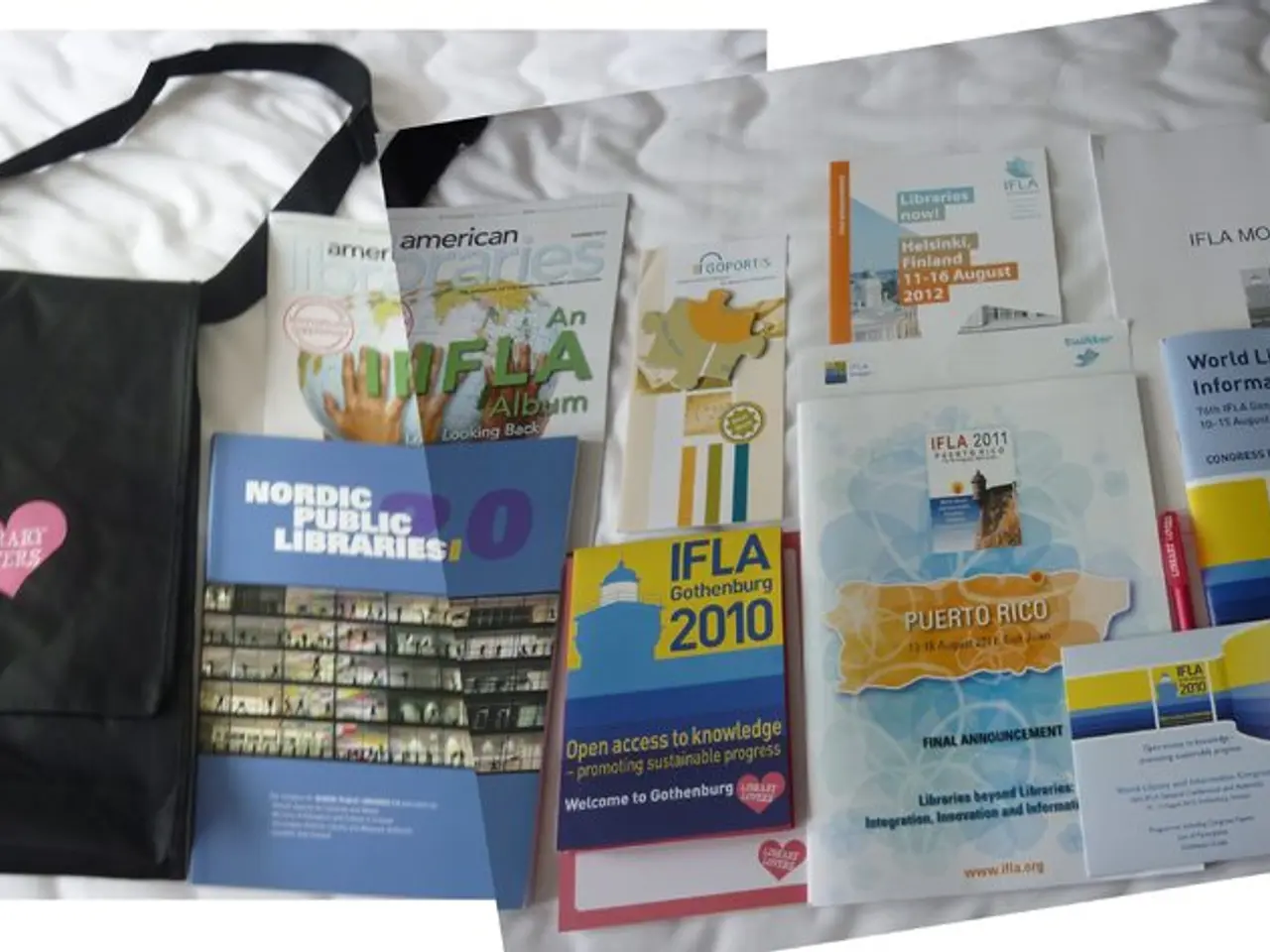Chemical expert and humanitarian, Hans Heinrich Franck: A bridge-builder, often misconstrued, linking Eastern and Western ideologies
A Prominent Figure in Post-War Berlin: The Life and Contributions of Professor Hans Heinrich Franck
In the aftermath of World War II, a chemist and humanist named Hans Heinrich Franck emerged as a significant figure in the Berlin area. Rehabilitated politically in July 1945, Franck played a crucial role in reviving Berlin's universities and making them operational once more.
Born and raised in Germany, Franck studied chemistry, physics, and national economics, earning his doctorate in 1912 at the TH Karlsruhe. His expertise extended to the production of artificial fats, detergents, and fertilizers, making him a valuable asset in the post-war recovery efforts.
Franck was instrumental in the refounding of the Technische Universität Berlin (TU Berlin) in 1946. He introduced a "Humanistische Studium" (Humanistic Studies) program, which aimed to provide a more well-rounded education to students who had been affected by the Nazi regime. In addition to his work at TU Berlin, Franck also taught at Humboldt University, focusing on technical chemistry[1].
Despite his contributions, attempts to write a biographical work about Professor Hans Heinrich Franck by Humboldt University and TU Berlin were met with incomprehension and rejection, according to unspecified sources. This lack of a formal biography leaves a gap in understanding Franck's life and impact on the academic community.
Franck's political leanings were controversial, as he made a decision to engage in the socialist path in 1950. This move was not universally understood, and it led to his dismissal from TU Berlin in 1950 due to his participation in the 1st of May demonstration in East Berlin.
Despite these setbacks, Franck continued to make a difference. He was one of the founding members of the "Kulturbund zur demokratischen Erneuerung Deutschlands" on July 4, 1945. His house in Pankow became a meeting place for personalities who had difficulties with the official politics of the GDR.
Franck also intervened on behalf of individuals who found themselves in difficult political situations. He managed to have the Jenenser employee Prof. Costa, who was arrested for sabotage, released from Stasi custody on the occasion of the 17th of June in 1953. Similarly, he intervened for the plant operator of the carbidofen, who was arrested by the KGB and faced the death penalty in 1949.
Franck passed away and was reburied on the old cemetery of Wannsee, on the honorary grave of his father Philipp Franck. His legacy continues to be explored, with open-source content being contributed by interested parties to shed more light on his life and contributions.
[1] Source: https://de.wikipedia.org/wiki/Hans_Heinrich_Franck
This article is a product of AI and may not be error-free. For accurate and detailed information, please refer to primary sources or academic records.
Read also:
- Construction fleet and urban transport emissions could see a significant reduction with the implementation of biogas as a game-changing solution.
- Fiercely battling for survival, a student hails from Ludwigsburg
- Pforzheim encounters 'intrinsic difficulties' as per the findings of the study
- Supplier Choices and Quality Evaluation for Bulk Rigid Containers




